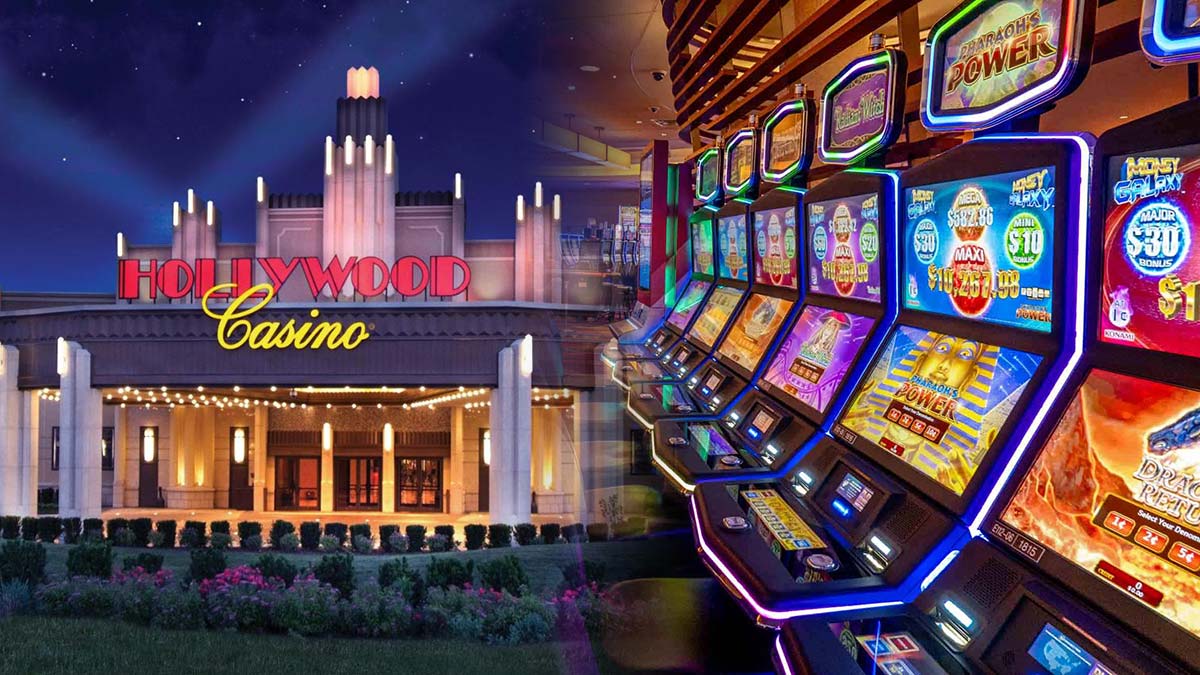
In the world of gambling, where chance and strategy converge, a unique tapestry of beliefs emerges—one that intertwines luck, fate, and the enigmatic nature of casino games. Casinos, bustling with excitement and anticipation, are not just venues for placing bets; they are also arenas in which superstitions thrive. From the novice player to the seasoned gambler, these mysterious practices often shape how individuals approach the games they play, holding the belief that their actions can affect the outcome in ways that go beyond mere probability.
When players gather around roulette wheels, blackjack tables, and slot machines, the atmosphere is thick with stories of lucky charms, rituals, and codified behavior that defy logic yet provide a sense of comfort. Whether it’s wearing a specific outfit, following a particular sequence of bets, or even avoiding certain numbers, the attachment to various superstitions reflects a deep-rooted desire to master the uncontrollable. This article delves into the captivating world of casino game superstitions, investigating the beliefs that simultaneously entertain and mystify those who dare to play.
Historical Beginnings of Superstitions
Casino games have long been entwined with an variety of superstitions that go back to ancient civilizations. The origins of these beliefs can be linked to humanity’s intrinsic need to manage the random outcomes related with chance and uncertainty. In ancient civilizations, games of uncertainty were often tied to ritualistic practices. 77win Gamblers would seek aid or seek favor from spirits, believing that their actions could change the odds in their benefit. This foundation laid the foundation for the multitude of superstitions that spread as gambling evolved over ages.
During the medieval age, gambling became a widespread activity across the continent, and with it, a diverse tapestry of superstitions emerged. Players adopted various rituals and charms, believing they could influence the results of games. The value of digits, in particular, began to show in superstitions around card games and dice. The number seven was often considered favorable, while various numbers carried unfortunate connotations. These notions mirrored the societal contexts of the time, changing as they passed through generations and adapted to different gaming environments.
As gaming establishments emerged in the seventeenth century, particularly in Italy and the French nation, the atmosphere surrounding gambling became steeped in mystery. The growing availability of gambling activities allowed for the spread and growth of superstitions among players. Concepts like fortunate charms, designated seating locations, and rituals gained prevalence, creating a special culture within betting houses. As these practices continued to thrive, they became fundamental to the essence of gambling games, illustrating how historical developments and tradition shape the belief systems that influence how participants interact with luck.
Popular Casino Myths
Beliefs surrounding casino activities are plentiful and varied, reflecting the hopes and anxieties of gamblers as they participate in chance-based games. One of the most prevalent beliefs is that certain numbers bring fortune or misfortune. For example, the number 7 is often seen as a lucky number, frequently embraced by players looking for a favorable outcome. Conversely, the digit thirteen is routinely considered cursed, leading many players to steer clear of it during their gaming periods.
Another frequent belief relates to practices that gamblers believe can influence their odds. It could be blowing on the dice before a throw, using a particular hand to place a wager, or even wearing specific items of attire, many individuals feel that these rituals can tilt fate in their favor. These rituals offer a feeling of power in an otherwise random environment, reinforcing the idea that fortune can be created through personal beliefs and customs.
Lastly, the ambiance and vibe of the gambling house itself contributes to superstition. Many gamblers suggest that the presence of specific symbols, such as four-leaf clovers or fortunate coins, can enhance their odds of winning. Additionally, players might adhere to the notion that victory streaks can be halted by mundane occurrences, such as someone passing by or a spill at the table. The collective atmosphere in a casino can amplify these beliefs, creating a communal culture of superstitions that transcends individual experiences.
Impact of Superstitions on Players
Beliefs play a important role in the psychology of casino players, often affecting their actions and choices. A lot of gamblers think that luck can be influenced through various rituals, such as wearing a lucky charm, choosing particular hues, or avoiding certain numbers. thể thao 77WIN This reliance on superstitions can create a sense of authority in an environment that is inherently unpredictable. Players often feel more self-assured and involved when they feel that their actions could sway the outcome of a game in their advantage.
The impact of these superstitions extends past singular players, affecting the general atmosphere inside the casino. For instance, a player who holds the belief in the luck of a certain slot machine might attract a gathering, as onlookers are fascinated by their apparent luck. This collective belief can amplify excitement and create a lively environment, leading to an engaging experience even for those who may not necessarily be superstitious. The excitement around specific games can lead to higher participation and longer playing sessions, supporting the casino’s lively social scene.
In some instances, superstitions can lead to detrimental effects for players. Relying too much on rituals can result in poor gambling decisions, as some may overlook basic strategies in favor of unfounded beliefs. Additionally, the pressure to perform rituals may heighten anxiety and tension, detracting from the enjoyment of the experience. Ultimately, while superstitions can enhance the thrill of playing casino games, they can also lead to unwise choices that overshadow the fun and amusement intended in the casino experience.

